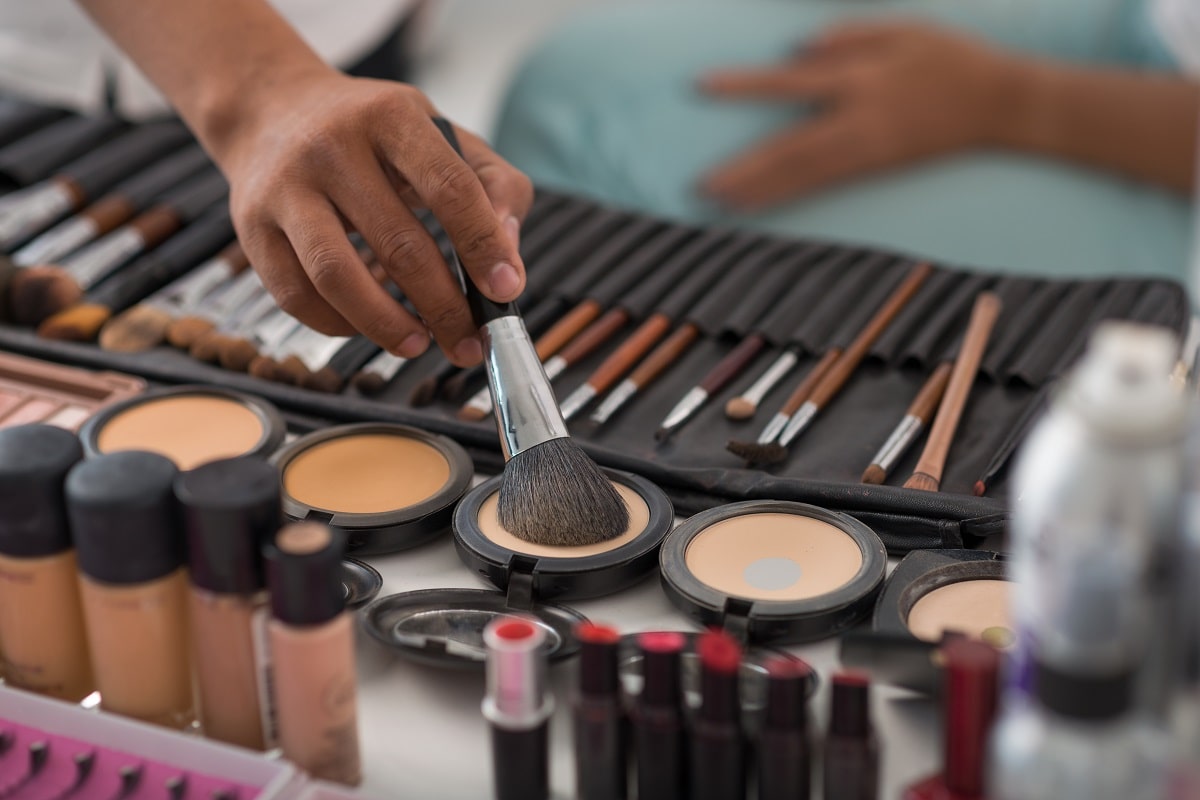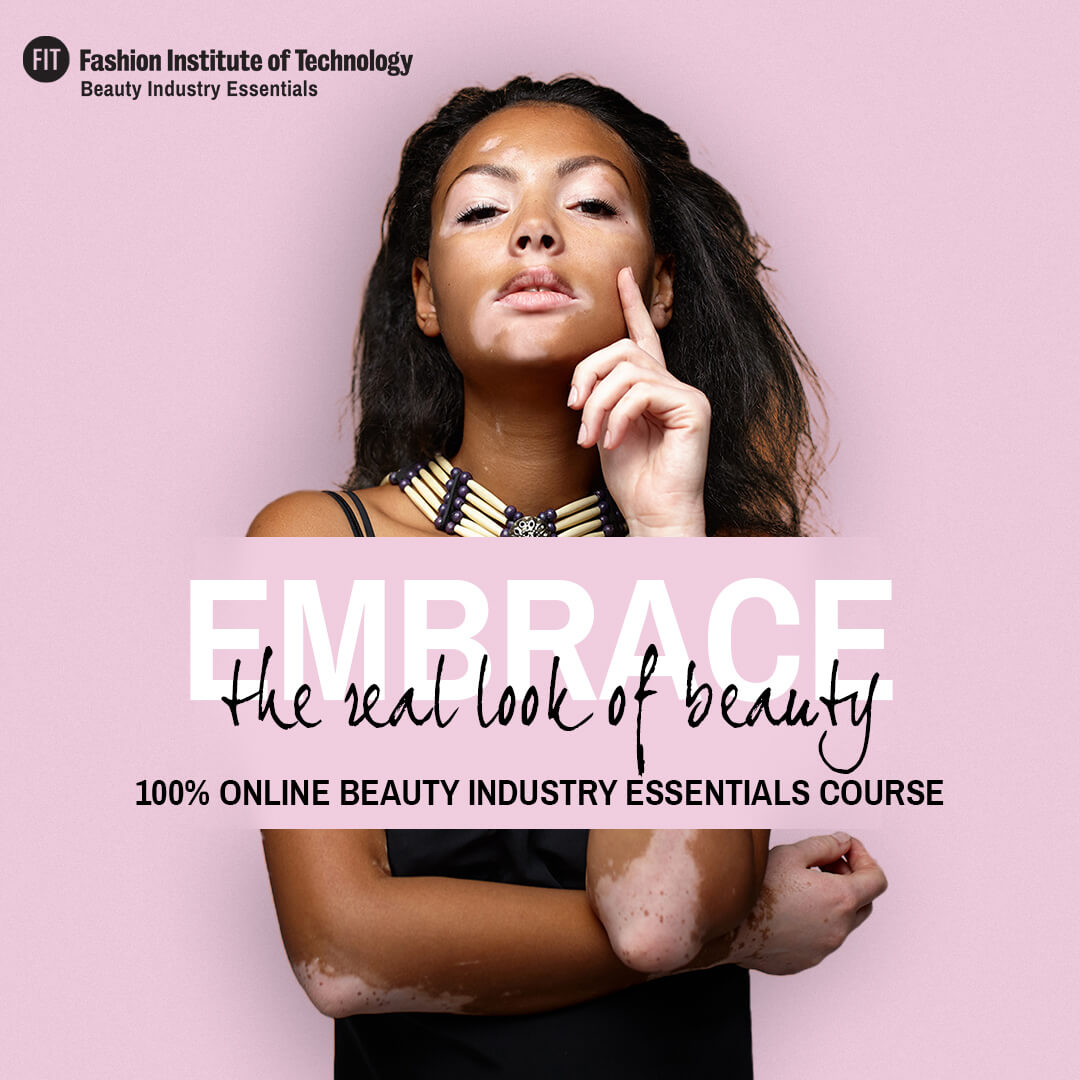Creating beauty products is a multifaceted process that involves creativity, innovation, and a deep understanding of consumer preferences and market trends. From concept development to product formulation and packaging design, every step in the product creation journey plays a crucial role in shaping the success of a beauty brand.
Learning how to create exceptional beauty products is essential for driving growth and building a loyal customer base.
1. Product Development Specialist
A product development specialist plays a key role in bringing new beauty products to life. They work closely with formulators, suppliers, and marketing teams to conceptualize, develop, and launch innovative beauty products that meet consumer needs and market demands.
Product development specialists are responsible for conducting market research, trend analysis, and product testing to ensure that the final products align with brand standards and consumer expectations.
2. Cosmetic Chemist
Cosmetic chemists are the masterminds behind the formulation of beauty products. They combine their knowledge of chemistry, biology, and skincare to create safe, effective, and high-quality beauty formulations.
Cosmetic chemists work with a range of ingredients, from botanical extracts to cutting-edge actives, to develop skincare, haircare, and makeup products that deliver visible results and meet regulatory standards. Their expertise in ingredient compatibility, stability testing, and formulation techniques is essential for creating successful beauty products.
3. Packaging Designer
Packaging designers play a crucial role in shaping the visual identity of beauty products. They combine their artistic skills with technical knowledge to create packaging designs that are not only visually appealing but also functional and brand-aligned.
Packaging designers collaborate with brand teams, product developers, and manufacturers to design packaging that stands out on shelves, communicates brand values, and enhances the overall product experience. Their attention to detail, creativity, and understanding of consumer behavior are essential for creating packaging that resonates with target audiences.
4. Marketing Manager
A marketing manager is responsible for developing and executing strategic marketing plans to promote beauty products effectively. They analyze market trends, consumer insights, and competitive landscape to identify opportunities for product positioning, messaging, and campaign development.
Marketing managers work closely with cross-functional teams, including product development, creative, and sales teams, to drive product awareness, engagement, and sales. Their expertise in digital marketing, social media, and influencer partnerships is essential for creating impactful marketing campaigns that resonate with target consumers and drive brand growth.
5. Brand Manager
Brand managers oversee the overall brand strategy, positioning, and communication for beauty products. They are responsible for defining brand identity, values, and messaging that differentiate the brand in the market and resonate with target consumers.
Brand managers collaborate with internal teams and external partners to ensure brand consistency across all touchpoints, from product packaging to advertising campaigns. Their strategic thinking, market insights, and creative vision are essential for building a strong brand presence and driving brand loyalty among consumers.
6. Product Marketing Specialist
Product marketing specialists focus on developing and implementing marketing strategies specifically for beauty products. They conduct market research, competitive analysis, and consumer surveys to identify product opportunities and target audience segments.
Product marketing specialists work closely with product development teams to translate product features and benefits into compelling marketing messages that resonate with consumers. Their expertise in product positioning, pricing strategies, and promotional tactics is essential for driving product awareness, consideration, and purchase intent among target customers.
7. Retail Buyer
Retail buyers play a critical role in selecting and curating beauty products for retail stores, e-commerce platforms, and beauty boutiques. They analyze sales data, consumer trends, and market demand to make informed buying decisions that align with the retailer’s brand and target audience.
Retail buyers negotiate with suppliers, manage inventory levels, and collaborate with merchandising teams to ensure that the right mix of beauty products is available to meet consumer needs and drive sales. Their strong analytical skills, trend forecasting, and negotiation abilities are essential for selecting winning beauty products that resonate with customers and drive retail success.
8. Supply Chain Manager
Supply chain managers oversee the end-to-end supply chain process for beauty products, from sourcing raw materials to manufacturing to distribution. They optimize supply chain operations, manage vendor relationships, and ensure on-time delivery of products to meet consumer demand. Supply chain managers collaborate with cross-functional teams, including production, logistics, and quality control, to streamline operations, reduce costs, and improve efficiency.
Their expertise in supply chain management, inventory planning, and risk mitigation is essential for ensuring a seamless flow of products from production to market.
9. Influencer Marketing Manager
Influencer marketing managers focus on building partnerships with influencers, content creators, and brand ambassadors to promote beauty products to their followers and audiences. Their expertise in influencer relations, content strategy, and campaign management is essential for leveraging the influence and reach of online personalities to promote beauty products effectively.
10. E-Commerce Manager
E-commerce managers oversee the online sales and marketing strategies for beauty products sold through e-commerce platforms, websites, and online marketplaces. They optimize product listings, manage digital advertising campaigns, and analyze online sales data to drive traffic, conversion, and revenue.
E-commerce managers collaborate with cross-functional teams, including marketing, merchandising, and IT, to enhance the online shopping experience, optimize product pages, and implement digital marketing initiatives that drive online sales.
Their expertise in e-commerce platforms, user experience design, and online merchandising is essential for maximizing online visibility, sales, and customer engagement for beauty products sold online.
Conclusion
Creating exceptional beauty products requires the collaboration of skilled professionals across various fields, from formulation and design to marketing and retail. Each role is vital in shaping products that not only meet consumer needs but also drive brand success. By understanding and mastering these key areas, beauty brands can thrive in an ever-evolving and competitive industry.
Key Takeaways:
- Creating beauty products involves multiple stages, from concept development to packaging, requiring collaboration among various professionals.
- Understanding consumer preferences and market trends is essential for success in the beauty industry.
- Different experts, including product developers, chemists, designers, and marketers, all contribute to bringing a beauty product to life.
- Effective marketing, brand strategy, and e-commerce management play a key role in promoting and selling beauty products.
- A successful beauty product relies on combining innovation, creativity, and industry expertise across various departments.
From product development to marketing, each role plays a crucial part in shaping a brand’s identity and driving growth. Consider enhancing your skills further with the FIT Beauty Industry Essentials online course and certificate program.






